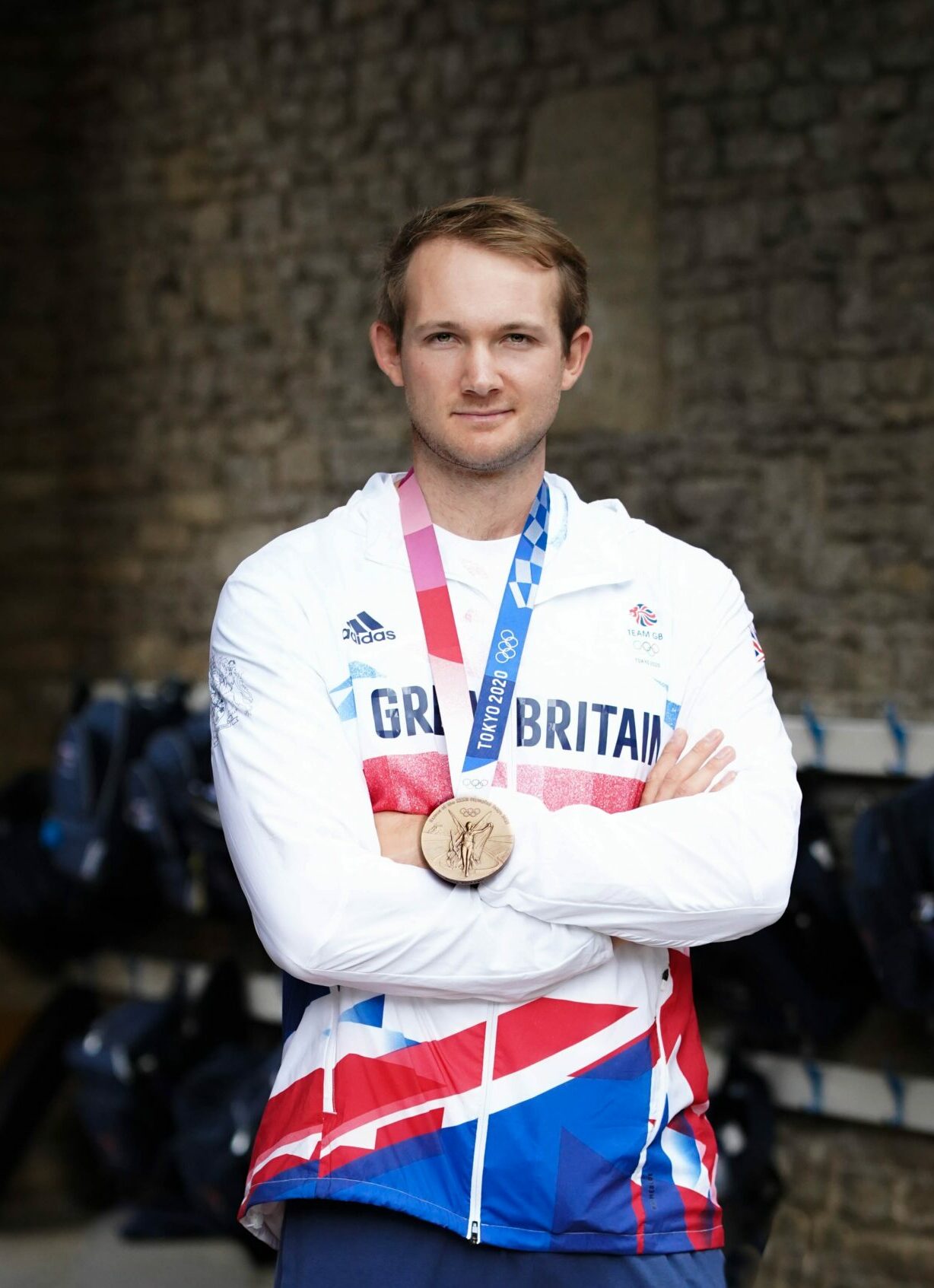The regatta course itself was much like any other, apart from the relentless heat and burning sun. I soon got used to sweating through all of my kit and always wearing a long-sleeve top, hat and sunglasses. Better to sweat than burn was my mantra. The rowing lake was pretty bumpy from the wash of other crews but we were used to this from previous experience and we soon found our rhythm thumping up and down the lake getting used to the water.
The racing itself was white hot in its intensity and unforgiving of mistakes as we soon discovered after our heat and repechage, neither of which went to plan. In both races we struggled to find the best of which we were capable. We’d lost our confidence over the course of the first two races, and, while going into the final, things looked bad, I knew that if we did what we were capable of we could turn it around and bring home a medal. It took going back to basic principles, good rowing technique like we’d practised since we’d first picked up an oar, which would take us to the podium.
The final itself is still a bit of a blur. I’ve watched the race back once or twice, but it has since disappeared from the internet due to broadcasting rights issues, so all I have is my memories. I remember thinking to myself, look at the man in-front and do my job, not particularly inspiring I know, but my job in the stern of the boat was to set rhythm and length, give the guys behind something consistent to follow.
I only really knew what had happened after we crossed the finish line. I thought we’d got silver, but Germany had got through us on the last stroke. There was an immediate flurry of emotions and feelings in those minutes after the race: intense immediate physical pain, shortness of breath, blurry vision. But also despair, happiness, loss, pride, camaraderie, numbness, and finally, relief. Relief that the emotional and physical torture of the last two years was over, and I had something to show for it.
I’d dreamed of winning gold, I’d done everything that I thought I could to win and it hadn’t been enough. In hindsight, of course, there were more stones I could have turned in order to win, but it was no use worrying about that there and then. That soul-searching could be done later, in following weeks and months. I was thankfully relatively quickly able to see the positives, while still appreciating the negatives and working out how to master them. More work was yet to be done. If I was to get a next time, I now knew the ride I was in for.



